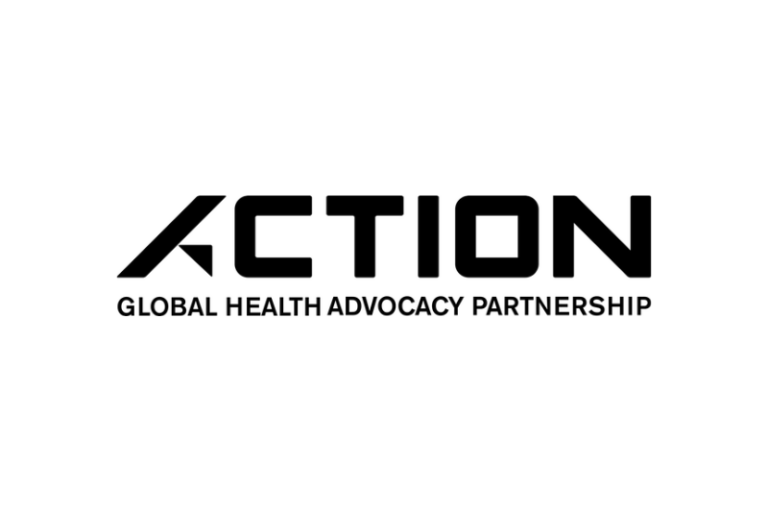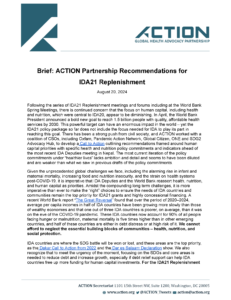The World Bank’s ambitious target to provide quality health services to 1.5 billion people by 2030 is in jeopardy! IDA21’s policy package has lost momentum on vital health and nutrition priorities. Civil society is demanding action—calling for bold commitments and detailed plans to tackle soaring mortality rates and worsening food insecurity. With IDA countries on the brink, it’s time to refocus and make human capital a top priority to secure a healthier, fairer future for all.
- Put Health and Nutrition Front and Center: The current IDA21 policy package is missing the mark on health and nutrition—crucial pillars for building strong human capital. The World Bank and IDA Deputies need to double down on these priorities to meet the ambitious goal of delivering quality, affordable health services to 1.5 billion people by 2030.
- Raise the Bar on Policy Commitments: IDA21 needs to up its game with more ambitious and detailed commitments. It’s time to fully tackle health, nutrition, sexual and reproductive health, and maternal and child health with the seriousness they deserve. Vague promises won’t cut it.
- Drive Impact with Smart Performance Metrics: For real change, the IDA21 framework must include sharp, specific indicators to track health and nutrition outcomes. This is especially vital for ensuring that essential services reach those in the hardest-to-reach places.
- Align and Deliver with Accountability: IDA21 can’t operate in a vacuum. The World Bank must ensure this initiative is tightly aligned with its other strategies, boosting transparency and driving real, measurable impact. Clear communication on these alignments is non-negotiable.
- Empower Local Voices for Success: IDA21’s success hinges on being truly country-led, with active involvement from communities, civil society, and local leaders—not just government officials. Their voices must shape the process, ensuring projects meet real needs on the ground.





